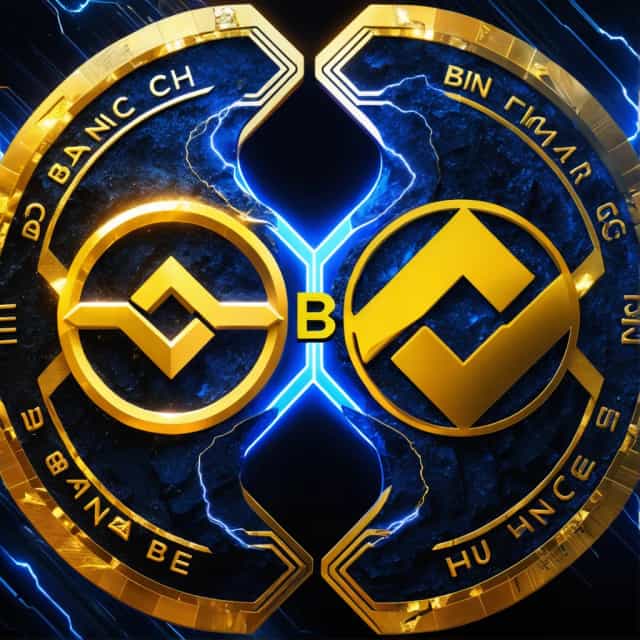
출처: Block Media
WalletConnect Implements Monetization Model Focused on Ecosystem Sustainability Without Affecting End-Users
WalletConnect ($WCT), a pivotal component within the Web3 infrastructure, has unveiled plans to introduce a monetization model that prioritizes the network's sustainability while sparing end-users from additional costs. This strategic move ensures that only high-volume applications processing over $1 million in monthly network transaction volume (TNV) will incur fees, maintaining WalletConnect’s free accessibility for users.
On October 16 (Korean time), the company disclosed details of its proposed fee model via its official X (formerly Twitter) channel and a comprehensive whitepaper. WalletConnect’s initiative underlines a commitment to balance innovation with financial sustainability, addressing essential compensation needs for network contributors without compromising user experience.
WalletConnect Fee Model: Key Details
In the outlined framework, fees will be denominated in U.S. dollars but paid using WalletConnect’s native token, $WCT. This payment structure aims to create sustained demand for $WCT, directly linked to the ecosystem’s operational activity. By integrating its native token into the financial framework, WalletConnect enhances the token's utility and intrinsic value as ecosystem usage grows.
According to WalletConnect’s projections, its network is expected to handle over $400 billion in transaction volume annually by 2025. However, the current free-to-use operational model fails to adequately compensate critical participants such as node operators, developers, and wallet providers. WalletConnect sees this monetization shift as vital to ensuring the platform’s long-term viability and functionality.
Redistribution of Fees: Supporting Key Contributors
Fees collected under this model will be redistributed across the WalletConnect ecosystem to incentivize vital contributors and maintain network scalability. Specific allocation targets outlined include:
- $WCT Stakers: Long-term token holders participating in staking will receive rewards, promoting active ecosystem involvement.
- Wallets and Custodians: Partner organizations serving as user entry points will benefit from incentives supporting their continued contributions.
- Node Operators: Crucial compensation for maintaining and securing the infrastructure underpinning WalletConnect’s operations.
- Community & Development Grants: Financial support directed toward ecosystem innovation and the growth of decentralized applications (dApps).
Fees will strictly apply to transactions involving monetary value, such as swaps and payments. Non-monetary activities, such as wallet logins and account linking, remain exempt from charges, preserving a frictionless and user-friendly experience for participants.
Designed for Growth, Not Restriction
Contrary to concerns about commercializing the network, WalletConnect underscores that the fee model is designed to amplify ecosystem robustness rather than inhibit growth. By incentivizing active network participants and driving utility for the $WCT token, this carefully balanced approach ensures that WalletConnect continues its role as an accessible yet sustainable foundation for Web3 applications.
WalletConnect explained, “This monetization initiative will strengthen the network for everyone involved, promoting healthy growth, aligning participant incentives, and establishing a positive feedback loop that enhances the utility and demand for $WCT.”
Governance-Driven Implementation
At this stage, WalletConnect’s monetization framework remains in the exploratory phase. Future decisions regarding its execution will hinge on decentralized governance processes, with $WCT token holders actively participating in proposal discussion and voting. This ensures the model reflects the collective will of stakeholders, underscoring WalletConnect’s dedication to maintaining decentralization in decision-making.
For breaking updates on WalletConnect and other key developments in Web3, follow Block Media on Google News and join the conversation on Block Media’s Telegram channel.










